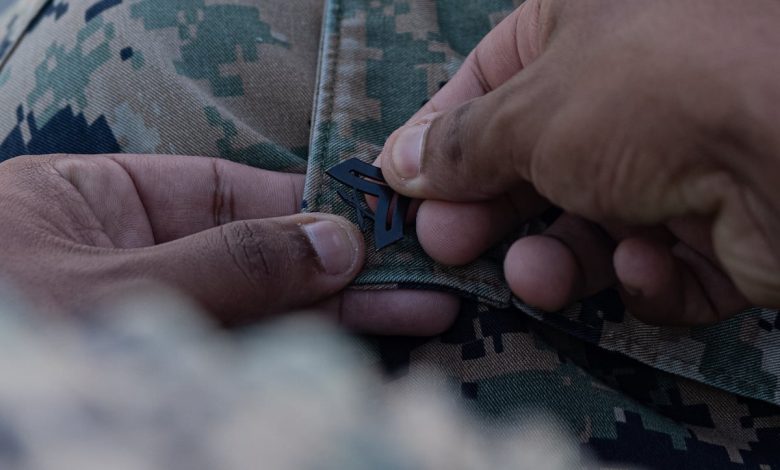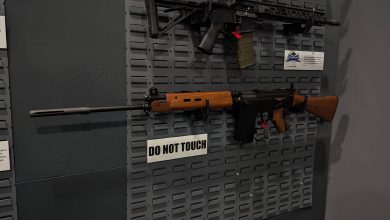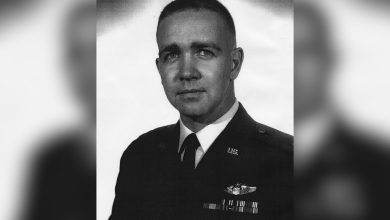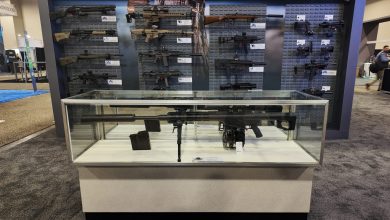The pitfalls of being the ‘good guy’ NCO

In the high-stakes world of military leadership, non-commissioned officers are often faced with the challenge of balancing their roles as both leaders and comrades. While the desire to be liked by peers and subordinates is a natural human tendency, it can be a dangerous path for those in positions of authority.
For the military’s enlisted leadership ranks, being a “good guy” NCO who prioritizes popularity over the difficult but necessary decisions required for the success of their units face a variety of pitfalls.
The drive to be well-liked is an innate human inclination, yet for some NCOs, it becomes a dominant force that skews their judgment. “Good guy” NCOs tend to shy away from difficult conversations, choosing to maintain harmony at the expense of accountability. This approach, while seemingly benign, can severely undermine the effectiveness of leadership. Without accountability, standards within the unit inevitably decline, leading to a cascade of negative outcomes.
True leadership involves navigating the often uncomfortable terrain of decision-making that may not always be popular. Leaders must find a delicate balance between caring for their people and ensuring the success of the mission. While it is important to consider the well-being of subordinates, decisions that benefit the team in the long run must take precedence, even if they are not immediately well-received.
Compromised standards pose a significant threat to military effectiveness. When leaders prioritize popularity over enforcing rigorous expectations, they inadvertently create an environment where mediocrity is tolerated, and dangerous mishaps can flourish.
This erosion of standards can have far-reaching consequences, impacting not only morale and discipline but also the overall success of the mission. In the military, where precision and reliability are paramount, low standards can lead to serious mishaps, jeopardizing both lives and critical equipment.
One of the most direct consequences of declining standards is the deterioration of unit competence. Effective leadership requires a steadfast commitment to maintaining high standards and fostering a culture of continuous improvement. However, the “good guy” NCO, in their reluctance to enforce these standards, hampers the development of a proficient and efficient team.
By avoiding the necessary rigor of repeated tasks until they meet the required benchmarks, these leaders fail to push their subordinates to achieve their full potential.
As standards decline, so too does unit pride and morale. A team that perceives a lack of commitment to excellence from its leaders is likely to experience a decline in collective spirit.
Service members want to be part of a winning unit—one that demands excellence and strives for success. When standards are lowered, the unit’s success diminishes, and with it, the pride that motivates individuals to work hard and make sacrifices for the greater good. High morale and a sense of belonging are intrinsically tied to the enforcement of high standards set by NCOs.
To counteract the pitfalls of “good guy” NCO leadership, several practical solutions can be implemented:
– NCOs should work to build mutual trust within the team to achieve effectiveness and respect. Trust is cultivated through clear communication—explaining the rationale behind tasks and connecting them to the overall mission. When subordinates understand the reasons for high standards, they are more likely to embrace them.
– More experienced leaders also play a crucial role by providing continuous leadership development. Effective leadership at all levels requires a commitment to fostering a culture that values competence, mutual trust, shared understanding, and the long-term success of the unit over short-term popularity. Leaders must internalize the belief that the success of the unit is their ultimate responsibility.
The key lesson is clear: effective leadership demands the courage to make decisions that may be unpopular but are essential for mission success.
The mantra “Don’t be nice, be helpful” encapsulates the ethos that leaders must adopt—a focus on balancing the needs of their people with the uncompromising standards necessary for excellence in the military.
Air Force Master Sgt. Nathan Jemar is a munitions systems craftsman with the 649th Munitions Squadron.
Read the full article here






